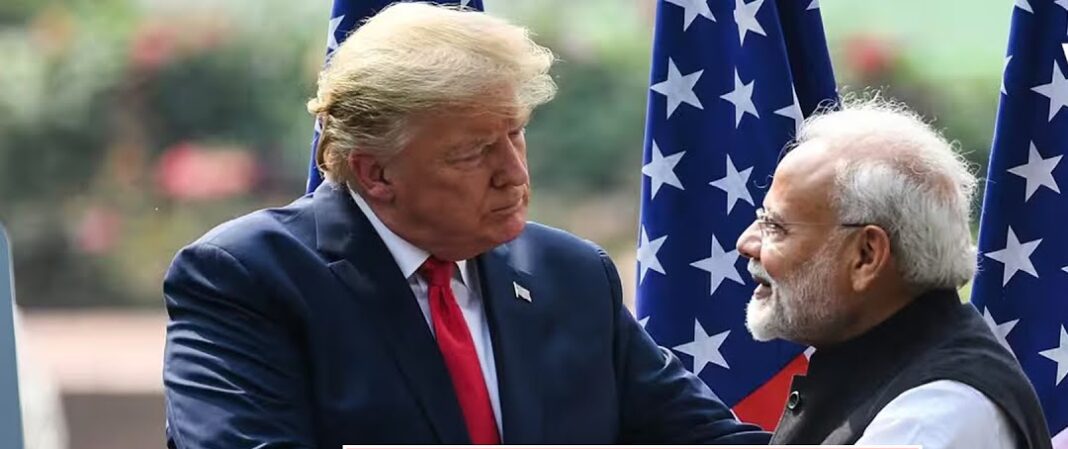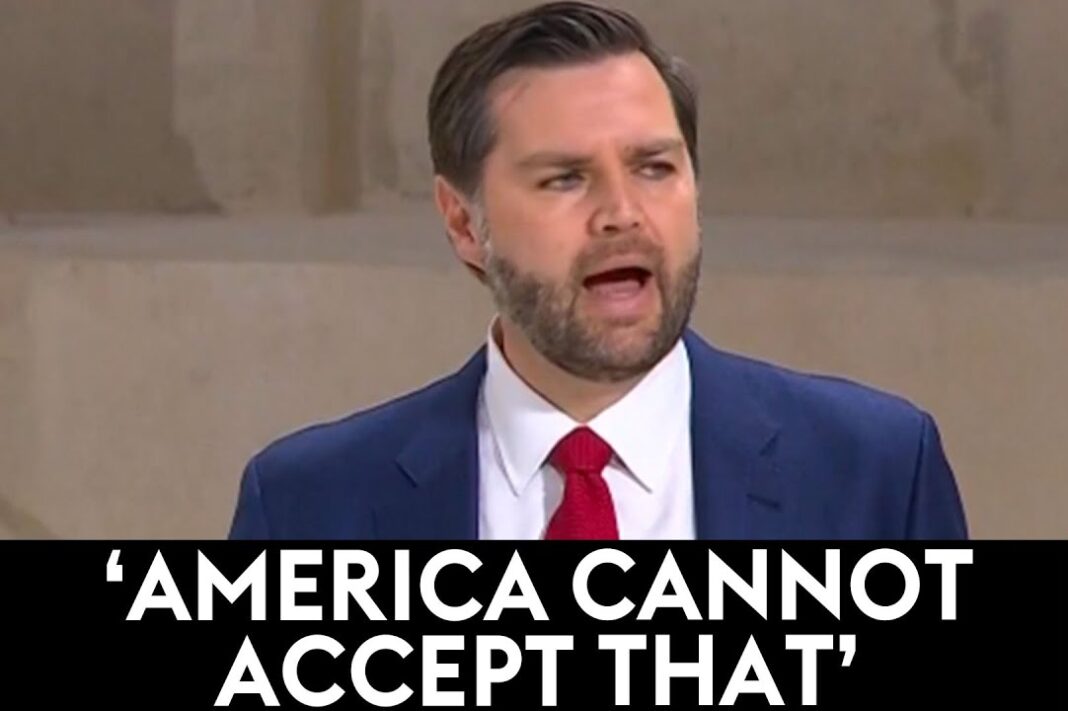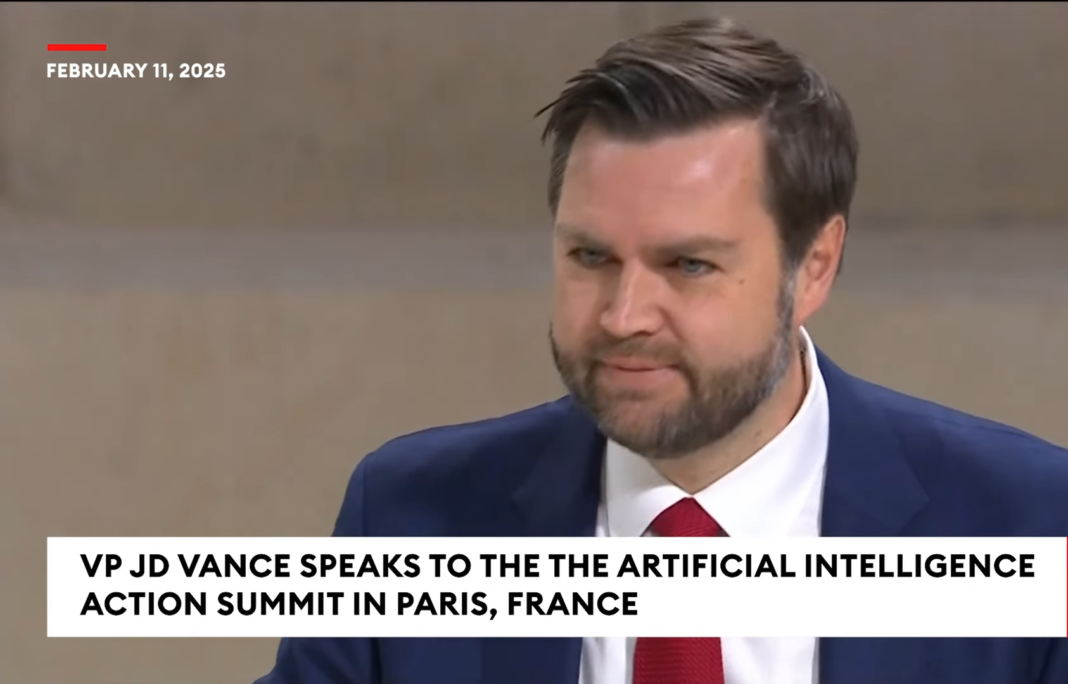Indian Prime Minister Narendra Modi recently met U.S. President Donald Trump in Washington. This visit, within Trump’s first month in office, signaled the importance of U.S.-India ties. Discussions covered trade imbalances, immigration policies, and security cooperation.
Strengthening the U.S.-India Relationship
The two leaders share a strong personal rapport, which helped navigate policy differences. Their conversation focused on bilateral cooperation and regional stability.
Key topics included:
- Trade imbalances and tariffs.
- Immigration policies and deportations.
- Defense and security partnerships.
- The future of the Quad alliance.
Trade Imbalance and Tariff Concerns
Trump raised concerns about India’s trade surplus with the U.S.. His administration seeks to balance trade partnerships by encouraging larger Indian imports from the U.S..
Areas of focus included:
- Petroleum and defense equipment purchases.
- Increased U.S. agricultural exports to India.
- Lower tariffs on American goods.
India recently reduced tariffs on Harley-Davidson motorcycles, signaling willingness to negotiate trade adjustments.
Immigration Policies and Deportations
Immigration emerged as a sensitive issue, especially after U.S. deportations of undocumented Indian migrants. The treatment of deportees drew criticism in India.
Key concerns discussed:
- Ensuring humane treatment for deportees.
- Preventing illegal human trafficking networks.
- Public awareness campaigns on U.S. visa laws.
India expressed willingness to repatriate undocumented citizens but sought better coordination on future deportations.
Security and the Future of the Quad Alliance
Both leaders agreed to strengthen defense ties, particularly through the Quad alliance, which includes the U.S., India, Japan, and Australia.
Key security topics included:
- Joint military exercises.
- Defense technology collaboration.
- Counterterrorism efforts.
Trump’s administration reaffirmed its commitment to Indo-Pacific stability, positioning India as a crucial strategic partner.
Addressing Anti-India Rhetoric in the U.S.
Concerns over anti-India sentiment and hate crimes in the U.S. were also raised. Leaders discussed ways to counter misinformation and promote positive community relations.
The Indian diaspora contributes significantly to technology, business, and healthcare in the U.S. Trump acknowledged their role in strengthening bilateral ties.
Future Predictions and Diplomatic Implications
The meeting set the stage for continued U.S.-India collaboration. Key developments to watch include:
- Ongoing trade negotiations to balance tariffs.
- Improved diplomatic engagement on immigration policies.
- Strengthened defense ties under the Quad framework.
- Potential technology and energy partnerships.
- Joint initiatives on regional security.
With both nations prioritizing economic and security cooperation, the U.S.-India partnership is poised to grow stronger in the coming years.
Disclaimer
This article is based on publicly available statements and expert analysis. Policy decisions are subject to change based on diplomatic negotiations.
Dr. Noah Alvarado is a global economist specializing in international trade policies and macroeconomic analysis. His research has been published in prominent journals.




